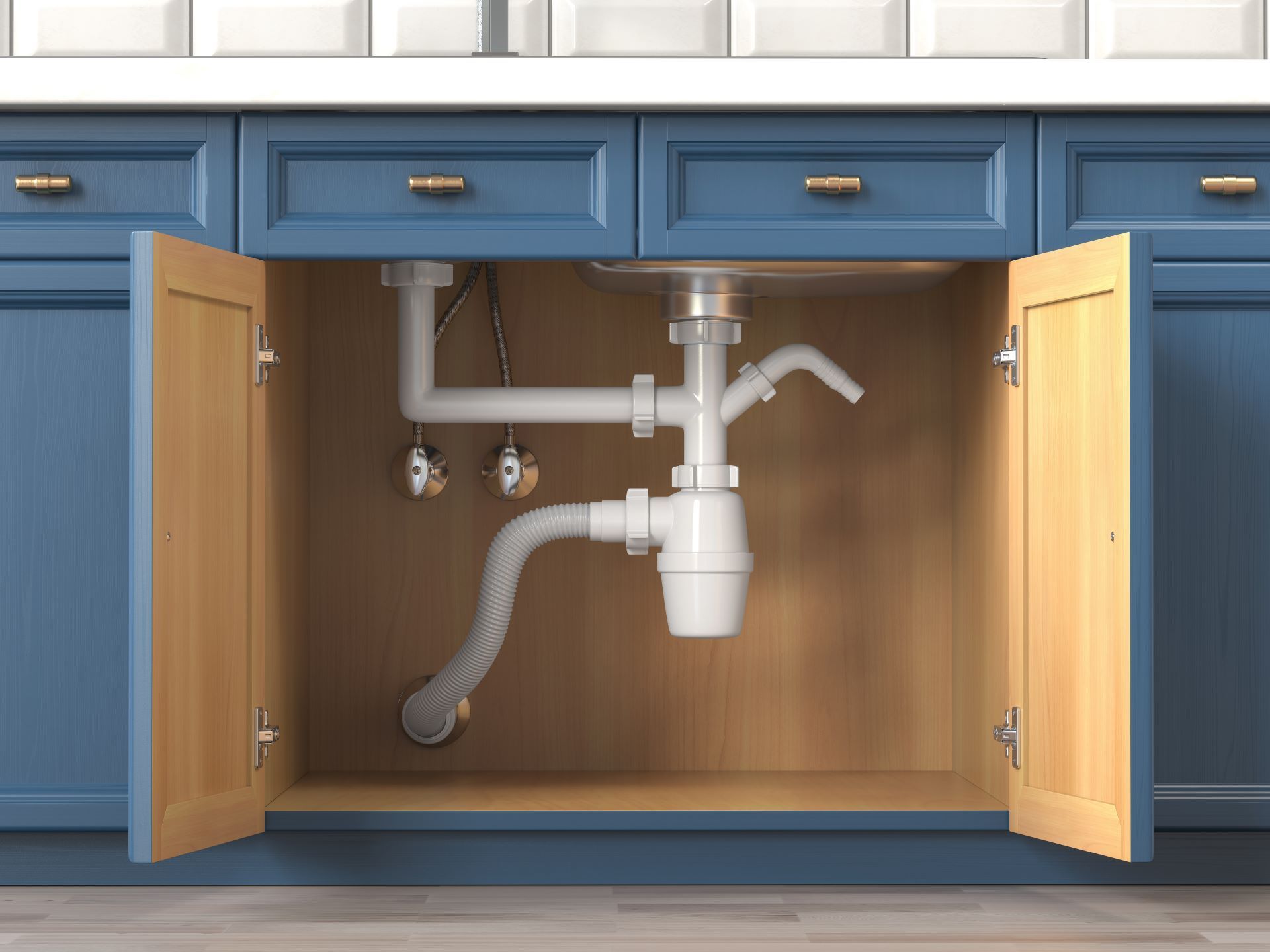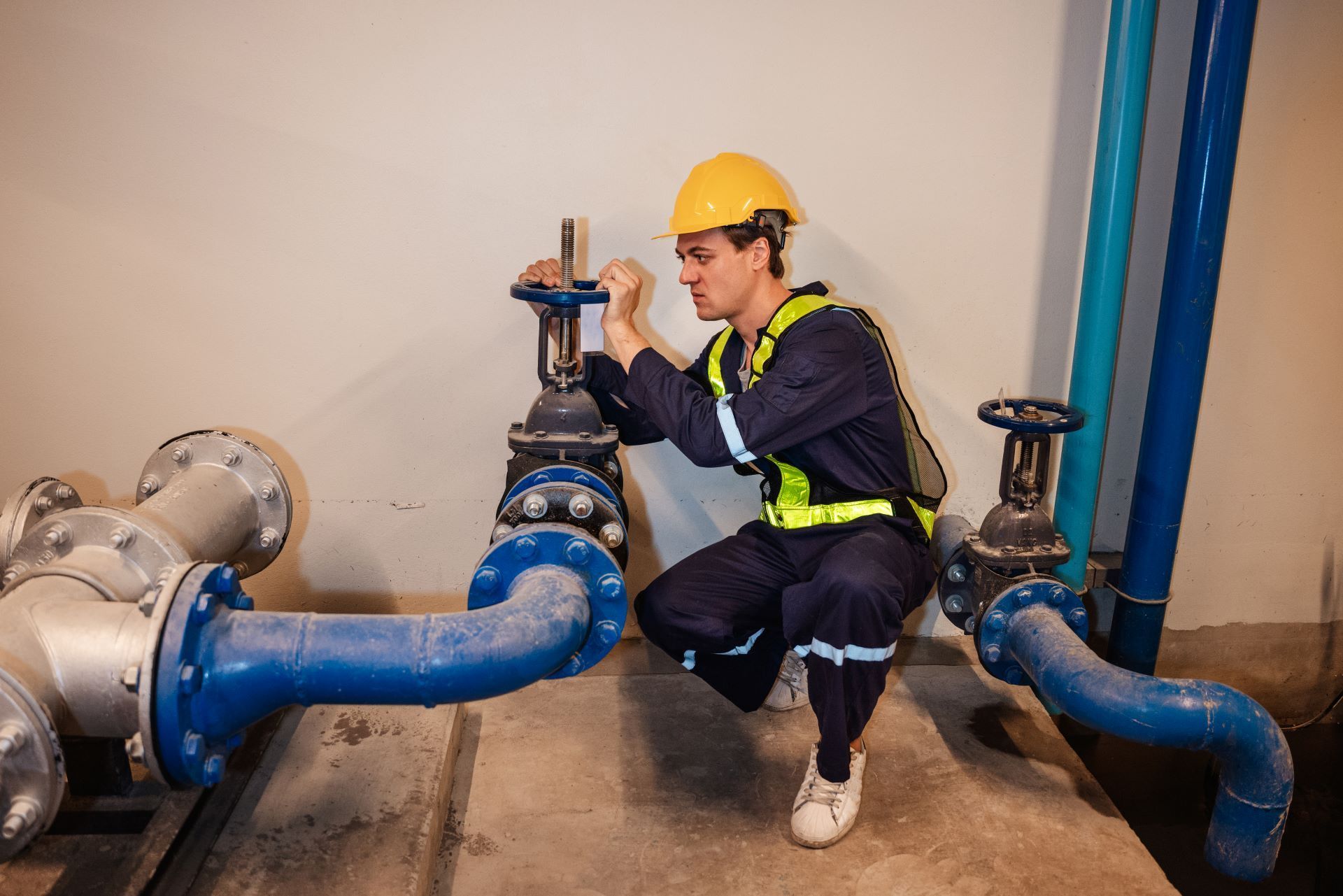Join the Lutz Loyalty Club and start saving today!
Water Heater Replacement Vs. Water Heater Repair
Aug 15, 2021
You probably take your water heater for granted most of the time. From showering to giving Fido a bath to washing dishes, you use hot water throughout your day.
So whenever your water heater breaks, you want to fix it as quickly as possible. The question is: do you need to fix it or do you need to replace it altogether?
Like any major appliance, you probably want to fix it. After all, a new water heater will eat up more money and more time than a repair. However, if your water heater needs to be replaced, it’ll be more cost effective in the long run to replace it than to fix it.
Think of it a little like a car. Your car can run for a long time, but it’ll eventually hit a point where it’s breaking every other month. At that point, the constant repairs cost more than a replacement would be.
Is It Time To Replace Your Water Heater?
So is it time to replace your water heater? Maybe. Let’s go through a checklist of questions to ask about replacement.
First, is your water heater more than 10 years old? If your water heater has been around longer than 10 years, it should probably go into retirement. Older water heaters are harder to repair, and they’ll start needing frequent repairs.
Secondly, is there any leaking? A leaky water heater, even if it’s on the newer side, is destined for water heater heaven. Leaks are usually caused by mineral corrosion, and there’s no way to repair them.
Finally, are you running out of hot water more quickly? If you still have some hot water, but it’s drying up, that can be a sign to replace your water heater. In this last case, though, it’s best to call a plumber to be sure.
When Can You Repair A Water Heater?
What kinds of hot water issues can be repaired? Don’t worry, there are plenty of easy fixes if your water heater isn’t working. A
conventional water heater really only has a few things that can go wrong with it.
If your heater is a gas water heater, then the pilot light may have gone out. No pilot light means there won’t be any fire when your heater needs it. No fire means cold water. This is the easiest fix possible: relight the pilot light and you’re good to go.
If your heater is an electric water heater, you might have a similar problem. If the circuit breaker trips, no electricity is getting to your heater, and your water stays cold.
No matter which kind of water heater you have, there are a few more things that could go wrong. The heating element or burner that conducts heat could have broken, meaning that even if the fire or electricity is getting to your heater, it isn’t being distributed properly.
The thermostat is another common issue. If your water heater can’t measure how hot or cold the water is accurately, it won’t work.
There are a couple other potential issues depending on your specific water heater, but these are the most common ones to look out for.
Getting Out of Hot Water
When your water heater breaks, there’s no need to panic. You aren’t doomed to cold showers forever, and a repaired or replaced heater will get you back to normal in no time. If you keep an eye on the age of your water heater, you can even be prepared for the replacement when the time comes.
Most water heaters have a lifespan of 8 - 12 years before they start going downhill. Regular maintenance on your water heaters can help them run more smoothly for longer. This kind of maintenance can include:
- Testing the TPR valve for accurate pressure
- Checking the Anode rod for calcium build-up
- Draining and rinsing the tank to get rid of mineral buildup
- Adjusting the thermostat when you’re going to be away from home more than a few days
- Insulating your heater
Whether you’re in hot water and need help right now, or you need help with regular maintenance or repairs,
Lutz Plumbing
is here to help. Reach us
here
for 24/7 assistance.
Share Post
Download the Lutz Plumbing App!
Schedule a Service
Membership Access
Access to Exclusive Offers
Manage Financing
... And More!
Free Safety Inspection
Free Extended Warranties
15% Discount
Free Priority Service
Member Only Specials
No Extra Charges for After Hour Service
Hundreds of Five-Star Reviews
Read why happy customers choose us over and over again.
When you have a
plumbing problem in the Kansas City area, you can rely on Lutz Plumbing to be have 24 hour response time. We are a local, family-owned business who shows up on time and ready to tackle your plumbing problems head on.
From leak detection to water heater service and installation, Lutz Plumbing gives you prompt, efficient and high quality plumbing services from knowledgeable technicians.
Read more about what hundreds of customers like you are saying about our five-star service, or call us today at
913-888-9500 and tell us about your problem today.

Dan
"We called at 6:30 on Sunday evening and Brent was at our door at 7:25 and was extremely professional and completed the work in a clean manner. We will be called Lutz Plumbing moving forward!"
Read All Reviews →
John K.
"The employees are always on time and very knowledgeable about the work to be completed. Very impressed, as always."
Read All Reviews →
Amanda
"I called 27 different plumbers at 11 at night, no one could come or they didn't answer. Brent called back 3 minutes later and came right out and fixed it right away. The price was less than other's day prices, so glad you are in business. I will always use Lutz plumbing from now on."
Read All Reviews →
Articles for Homeowners

Find Your Service Location
List of Services
-
Belton, MOBelton, MO
-
Blue Springs, MOBlue Springs, MO
-
Bonner Springs, KSBonner Springs, KS
-
De Soto, KSDe Soto, KS
-
Eudora, KSEudora, KS
-
Excelsior Springs, MOExcelsior Springs, MO
-
Gardner, KSGardner, KS
-
Gladstone, MOGladstone, MO
-
Grain Valley, MOGrain Valley, MO
-
Grandview, MOGrandview, MO
-
Independence, MOIndependence, MO
-
Kansas City, KSKansas City, KS
-
Kansas City, MOKansas City, MO
-
Lansing, KSLansing, KS
-
Lawrence, KSLawrence, KS
-
Leavenworth, KSLeavenworth, KS
-
Leawood, KSLeawood, KS
-
Lee's Summit, MOLee's Summit, MO
-
Lenexa, KSLenexa, KS
-
Liberty, MOLiberty, MO
-
Linwood, KSLinwood, KS
-
Merriam, KSMerriam, KS
-
Mission, KSMission, KS
-
North Kansas City, MONorth Kansas City, MO
-
Olathe, KSOlathe, KS
-
Overland Park, KSOverland Park, KS
-
Parkville, MOParkville, MO
-
Platte City, MOPlatte City, MO
-
Prairie Village, KSPrairie Village, KS
-
Raymore, MORaymore, MO
-
Roeland Park, KSRoeland Park, KS
-
Shawnee, KSShawnee, KS
-
Spring Hill, KSSpring Hill, KS
-
Tiffany Springs, MOTiffany Springs, MO
Local Office
21961 W 83rd St
Lenexa, KS 66227
Contact
Office Hours
Monday - Friday: 8a - 6p
Saturday: 8a - 4p
24 Hour Response
License
#20202383
Financing














